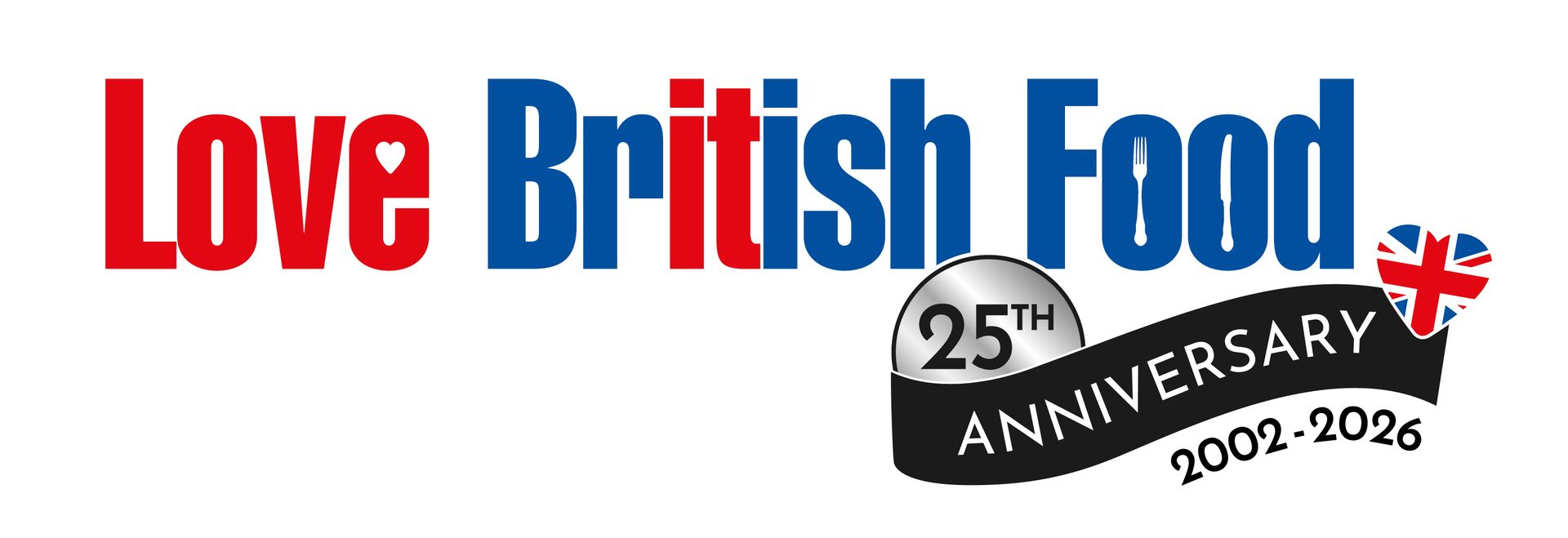Cyrus Rustom Todiwala OBE, DL, is an Indian chef proprietor of the famed London restaurant, Café Spice Namasté. Born in Mumbai, he has lived in England since the 90s and he is a passionate advocate for British food. Amongst his many, many achievements he has worked with the NHS to create ethnic menus for hospitals; is the first ever chef ambassador for the Rare Breeds Survival Trust; works with HRH The Prince of Wales promoting Mutton on menus; and is long-standing Ambassador for Love British Food.

Why buy British? For me I know of no other country that has such high standards in place from welfare of animals to monitoring of land usage for crops and so on. Yes more is being done and can be done, but we are miles ahead of most in terms of how our resources are managed. On top of all that we have a vast plethora of rare breeds the protecting of which I am deeply passionate about and for their survival into the food chain of the future. Most British rare breeds from the rarest of sheep of the Island of North Ronaldsay to the Derbyshire Redcap Chicken from the south.
The recent movement of Pasture Fed is a great way to acknowledge that the farming community is in itself taking initiatives to ensure that what is produced is the best, most environmentally friendly, animal welfare friendly to the highest standards with a very low footprint. If you are one that believes in animal welfare then you are in the right nation.
Our fishing industry is currently in a tight spot and needs all our support to help our fishermen and women continue their trade and to see the they are succeeded by their family traditions well into the future.
The British public eats very little home grown shellfish and we need to exploit this great national resource more. Not just for its taste but its nutritional values, its affordability and its vast availability, but also for the fact that we have some of the cleanest waters in the world and our seafood is harvested in pristine clean waters. Moreover of the 250 odd species that our waters harvest only a tiny fragment of that is consumed by British diners. There is a greater need for us to explore the many wonderful species we harvest so that we do not put extra pressure on limited stocks of over-utilised species.
What many British people do not know is that when they cross across the waters to enjoy fresh Oysters or Mussels in a French or Belgian town, that seafood probably came from Britain. The best of our Cuttlefish for example go to Europe where the British tourist will pay top dollar for Mediterranean preparations, but not eat the same when cooked and served in Britain. We see little or no Spider Crabs in Britain since almost 99% is immediately exported just like many other species. Currently our fishermen are not able to export Langoustines and it is the perfect time for people in Britain to enjoy this delicacy. So go ahead and order this from your fish monger and enjoy this delicious sweet crustacean for which the continentals are so crazy.
I would like to add one more little story here that gives proof to the fact that we must support British farming more and buy more British simply because we cannot afford to loose what is so inherently British and that is farming for the masses.
Britain has several native pig breeds and some of these are very rare and some near extinction. The advent of publicising non fatty smaller animals for slaughter means that many of our own breeds which are meatier and fattier stand no chance for the consumer to purchase, even though they are tastier, and have been ignored in exchange for imported breeds. Britain has strict rules on pig farming by and large and we take every precaution to ensure that large scale factory farms do not feature in our countryside. For this to prevail, and the best animal husbandry to survive, we must support the British farmer and buy locally bred animals that have been given all the love care and attention they deserve.
Since the end of the second world war fourteen native breeds of pigs have perished and become extinct, due to the acceptance of fast maturing, controlled pig farming from Europe and beyond. We cannot allow this to happen, so we must support the local farmer who is proud of his herd and safeguards their interest. As the Patron of one of the rarest pig breeds, the British Lop, I am very concerned that we may loose a few more species if we are not supportive of British farming and Buy British.
BUY BRITISH!
Share:
You may also be interested in...














